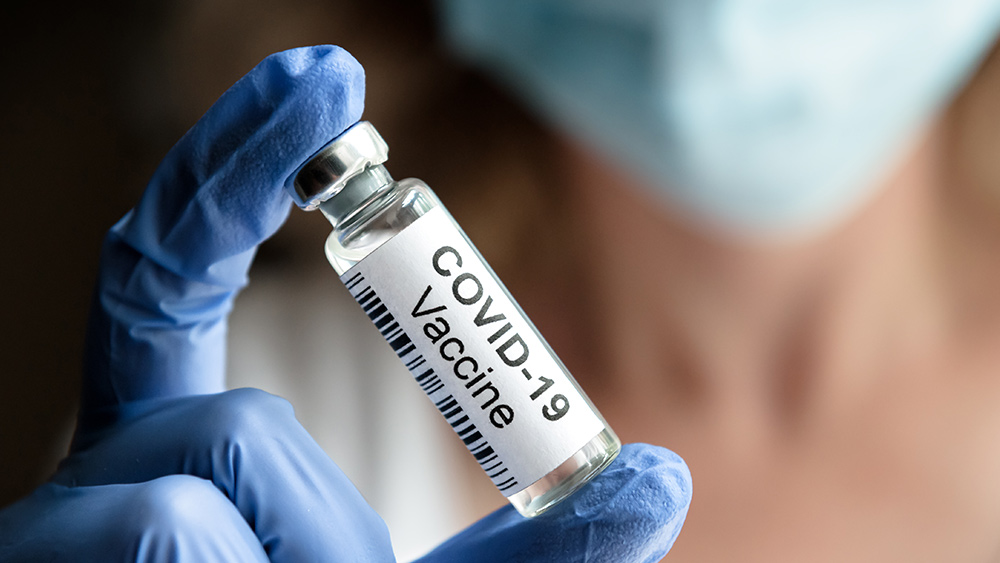
The test on mice was conducted by researchers from King's College London and published in the journal Nature Scientific Reports.
"The simplicity of our approach makes it ideal as a clinical dental product for the natural treatment of large cavities, by providing both pulp protection and restoring dentine," lead researcher Paul Sharpe said.
"In addition, using a drug that has already been tested in clinical trials for Alzheimer's disease provides a real opportunity to get this dental treatment quickly into clinics."
Long-term safety trials would be needed, however, to find out if the drug is really as safe as its backers claim.
Rendering fillings obsolete?
To repair large cavities, dentists currently have to drill out a large area of the damaged tooth and plug it with a filling made from materials such as dental amalgam, composite and cement. Aside from the invasiveness of the procedure, this method has several problems.
Because they are artificial, non-living objects, fillings inevitably decompose and may eventually need to be replaced. Fillings in the process of disintegration are also traps for infectious agents, which can require further drilling or root canals. And a tooth that has been repeatedly drilled to replace fillings may eventually need to be removed entirely. (Related: Dental fillings are raising mercury in blood to alarming levels.)
Fillings also create a permanent wound in the tooth by plugging the cavity with a foreign object that prevents the tooth's original mineral balance from ever being restored.
But teeth already have a method in place for naturally repairing damage. After trauma or infection that exposes the pulp of the tooth, the body naturally produces a thin band of a substance known as dentine as a kind of scar that seals away the tooth pulp. The body is unable to use this method to repair larger cavities, however.
The new study found that the drug Tideglusib, originally developed to treat the brain diseases Alzheimer's and progressive supranuclear palsy (PSP), can stimulate the stem cells of the tooth to produce enough dentine to fill in even larger cavities.
Researchers are searching for new uses for Tideglusib, which has proven ineffective at treating brain diseases.
Tooth regrows its own tissue
In the new study, researchers soaked a biodegradable sponge in the drug, then inserted that sponge into 0.13 mm cavities in mice teeth. They then placed a glass-based cap over the top of the sponge to hold it in place. Not only did the drug stimulate the production of dentine, but as the sponge decomposed it was replaced entirely by dentine -- that is, the tooth's own biological tissue. The sponge used was commercially available and approved for medical use.
"The sponge is biodegradable, that's the key thing," Sharpe said. "The space occupied by the sponge becomes full of minerals as the dentine regenerates so you don't have anything in there to fail in the future."
Because the drug does not cause enamel regeneration, the cap needs to remain in place permanently to protect the new dentine from damage.
Because Tideglusib has already been through human safety trials as an Alzheimer's drug, the researchers are optimistic that the treatment could be in use by dentists within a few years.
"I don't think it's massively long term, it's quite low-hanging fruit in regenerative medicine and hopeful in a three-to-five year period this would be commercially available," Sharpe said.
But despite the researchers' assurances, significant safety concerns remain over Tideglusib and all regenerative drugs. Because these drugs work by stimulating cell growth, there is always the possibility that they could promote cancer development as a side effect.
In fact, Tideglusib is already known to alter the signaling of Wnt cells in ways linked to tumor growth.
Sources include:
Please contact us for more information.























